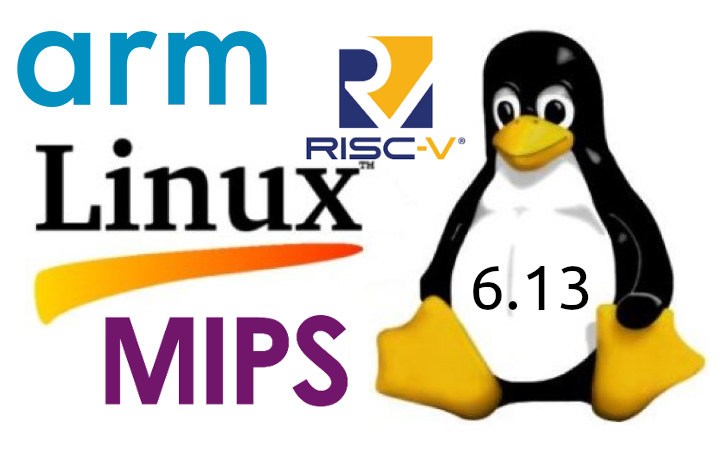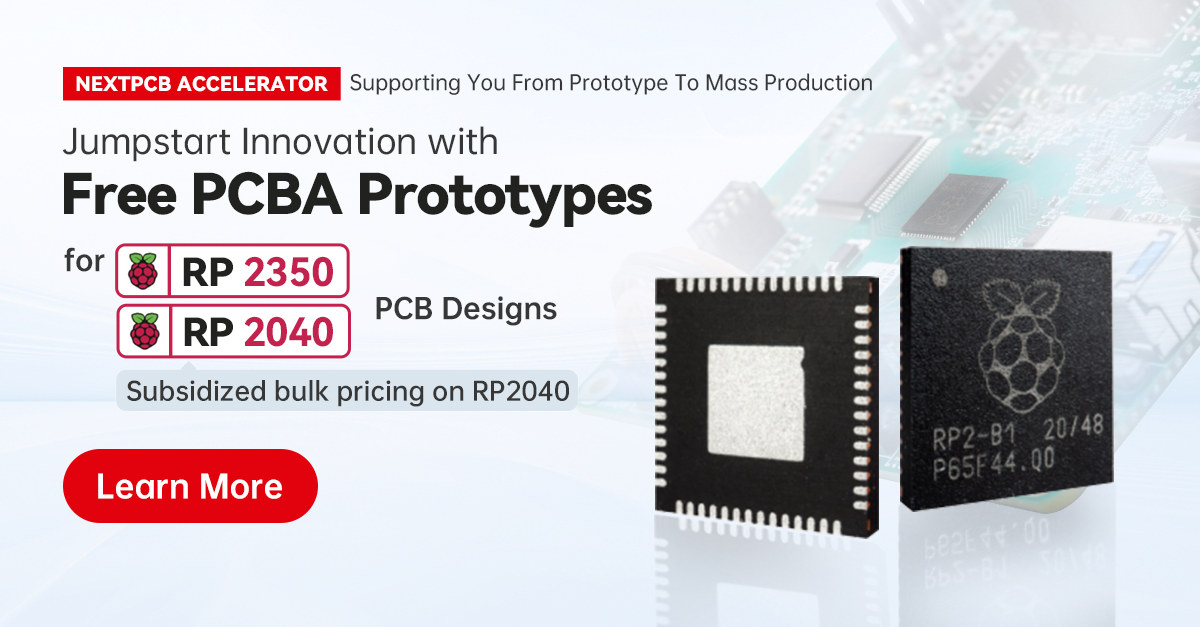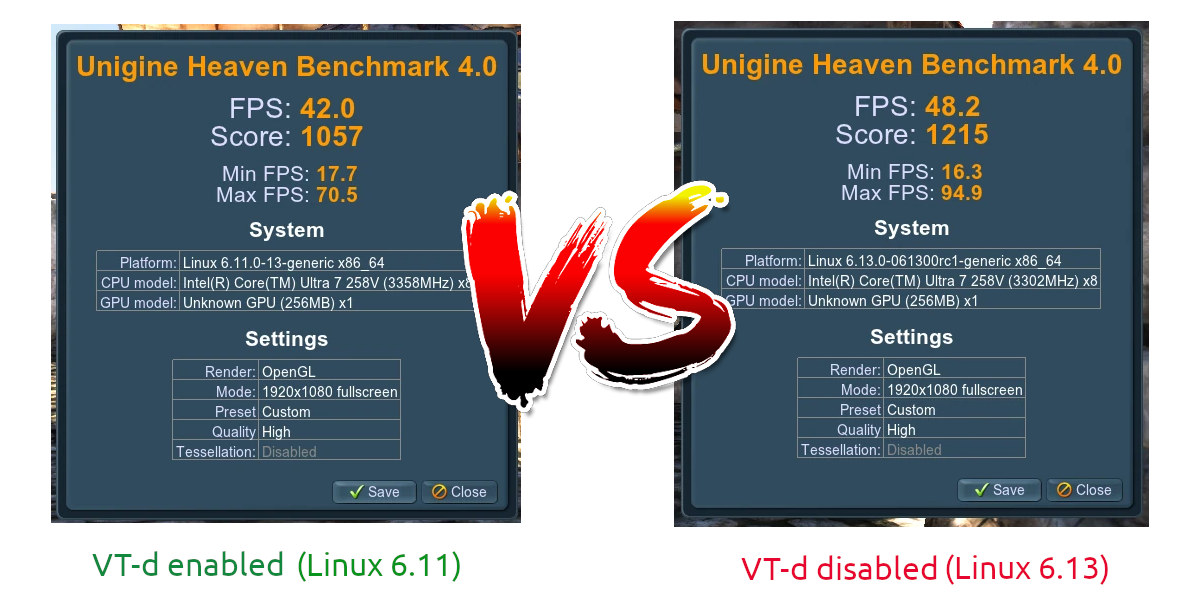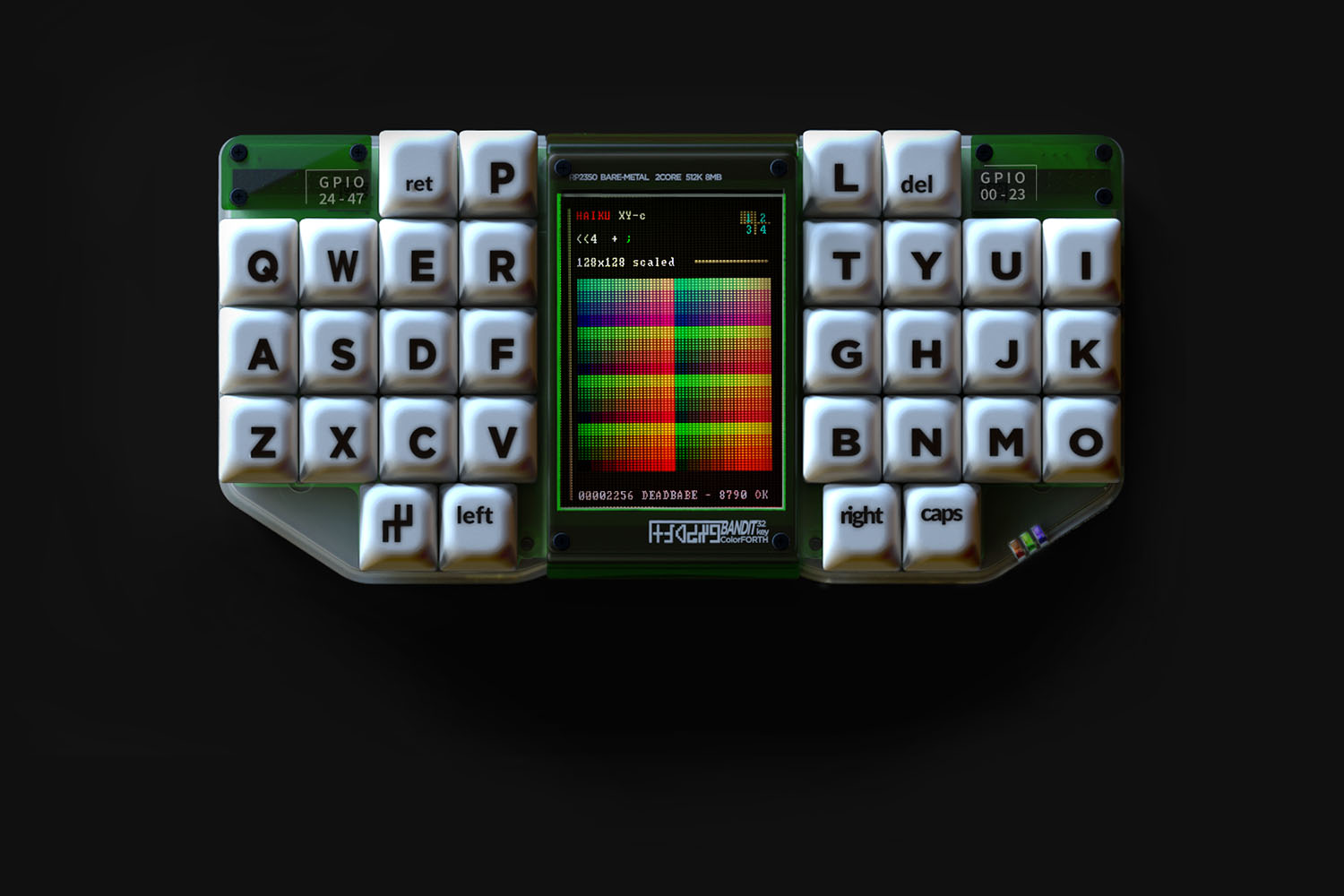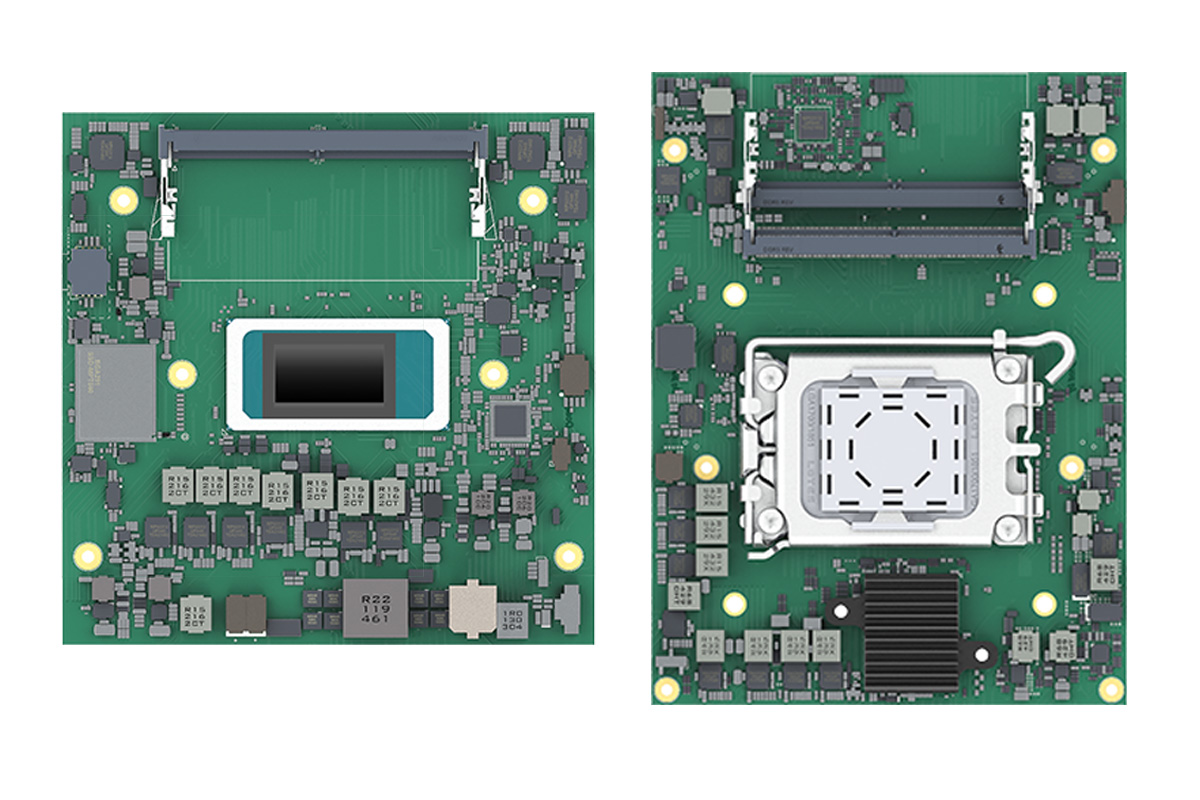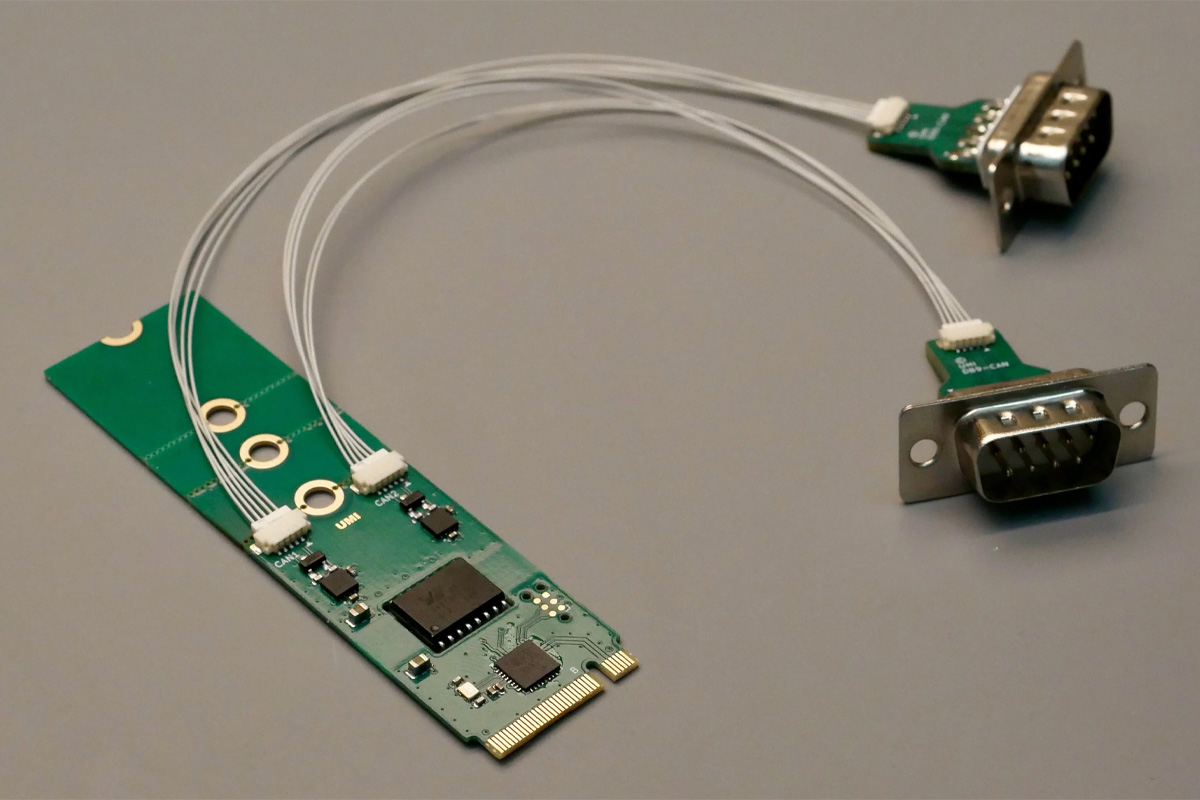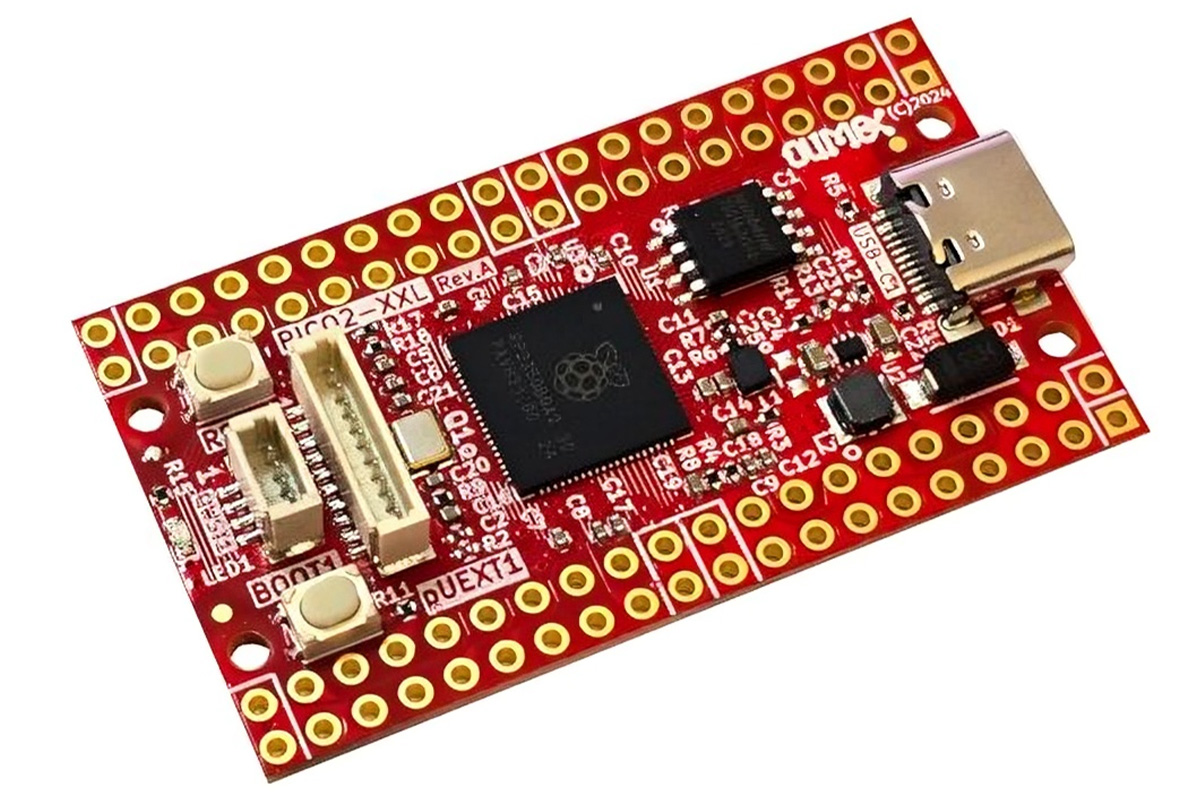Linus Torvalds has just announced the release of Linux 6.13 on the Linux Kernel Mailing List: So nothing horrible or unexpected happened last week, so I’ve tagged and pushed out the final 6.13 release. It’s mostly some final driver fixes (gpu and networking dominating – normal), with some doc updates too. And various little stuff all over. The shortlog is appended for people who want to see the details (and, as always, it’s just the shortlog for the last week, the full 6.13 log is obviously much too big). With this, the merge window for 6.14 will obviously open tomorrow. I already have two dozen pull requests pending – thank you, you know who you are. Linus Release about two months ago, Linux 6.12 – the new LTS version – brought us real-time “PREEMPT_RT” support that had always required out-of-tree patchsets until now, the completion of the EEVDF (Earliest Eligible […]
NextPCB offers free PCBA prototypes for RP2350/RP2040 designs, RP2040 MCU as low as 30 cents (Sponsored)
NextPCB Accelerator is an initiative from the PCB and PCBA manufacturer to empower innovators and creators to bring their ideas to life, and the ongoing campaign features the Raspberry Pi RP2350 and RP2040 microcontrollers. Specifically, NextPCB offers two free PCBA prototypes for any original design based on either the RP2350 Cortex-M33/RISC-V microcontroller or RP2040 Arm Cortex-M0+ MCU from Raspberry Pi. The company also offers subsidized bulk pricing for the Raspberry Pi RP2040 for any company or maker mass-producing their design with NextPCB. Besides PCB manufacturing, NextPCB will offer professional assembly of the RP2040 or RP2350 chips using their precision pick-and-place machines, advanced automated inspection equipment, and carefully controlled manufacturing practices. NextPCB’s IC programming and firmware burning services will free up time for customers, and functional testing services will make sure all prototypes are tested for functionality before leaving the production line. The conditions of the offer are pretty straightforward. NextPCB […]
Disabling VT-d improves Intel Arc GPU Linux performance on Meteor Lake and newer SoCs
In this post, I’ll check whether disabling VT-d virtualization support may improve the performance of the Intel Arc GPU in recent Meteor Lake or Lunar Lake SoC using a Khadas Mind Maker Kit with an Intel Core Ultra 7 258V CPU with Intel Arc 140V graphics running Ubuntu 24.10. A few days ago, I read a post on Phoronix about Intel publishing tips to improve the performance of Intel GPUs in Linux: Keep the system updated with the latest kernel and Mesa versions. Ensure SoC firmware is up-to-date. These firmware updates currently require installing the Windows graphics driver; firmware updates via fwupd are in progress. Use Wayland where possible, as it supports additional modifiers for better performance. For MTL (Meteor Lake) and newer integrated GPUs, disable VT-d if virtualization is not needed. For discrete GPUs: Enable ReBAR_ Enable ASPM_ I was especially curious about the line about disabling VT-d virtualization […]
BANDIT PC32 standalone ColorForth keyboard computer is powered by the Raspberry Pi RP2350 microcontroller
BANDIT PC32 is a Raspberry Pi RP2350-powered keyboard computer that runs a graphically-oriented version of the ColorForth programming environment. The BANDIT PC32 is primarily aimed at on-the-go use for programming video games. The custom, 32-key split keyboard takes up most of the build, with a 3.2-inch 320 x 240 capacitive display in the center. It also features an HDMI port for connecting a larger external display. The 48-pin GPIO is divided into two female headers and can be used to interface with other devices directly. This is the second version of the Bandit standalone computer, building on an early prototype based on the RP2040 microcontroller. We have seen several interesting RP2350-based products like the Inky Frame 7.3”, 4D Systems display modules, and Jumperless V5 programmable breadboard. However, this is the first RP2350 standalone computer we have come across. It shares some similarities with the ESP32 Rainbow. BANDIT PC32 ColorForth specifications: […]
Intel Core Ultra 200S/200U/200H-powered COM-HPC Client modules support up to 192GB DDR5 memory, PCIe Gen5
Portwell PCOM-B887 and PCOM-B886 are two new COM-HPC client modules built around Intel Core Ultra 200S/200U/200H processors delivering high-performance computing and AI acceleration for industrial, edge, and AI-driven applications. The Portwell PCOM-B887 (Size C) module is built around the 200S Series, offers up to 36 TOPS, supports 192GB DDR5 memory, and features 42 PCIe lanes up to Gen5. The PCOM-B886 (Size B) module supports 200H/200U Series processors, which deliver up to 99 TOPS, support 96GB DDR5 memory, and include 24 PCIe lanes. Both modules feature various I/O options, including USB4, USB3.2 Gen2, and multiple display outputs. Portwell PCOM-B887 – COM-HPC Client Type Size C module The PCOM-B887 COM-HPC Client Type Size C module is powered by Intel Core Ultra 200S Series processors, which feature up to 36 TOPS of AI performance via an integrated neural processing unit (NPU). It supports up to 192GB of DDR5 memory at 4800MT/s with 42 […]
M.2 CAN FD adapter adds CAN Bus support to hosts with a spare M.2 Key-B socket
Designed by Universal Machine Intelligence, the M.2 CAN FD adapter is an M.2 to CAN FD converter board that brings two high-speed CAN FD interfaces to projects requiring reliable high-speed communication. It is an M.2 B-key card with a slim form factor and a breakaway design that supports slot lengths like 2242, 2252, 2260, and 2280. The adapter supports CAN FD and CAN 2.0B protocols with speeds up to 5Mbit/s and includes functional isolation between the host and CAN bus for additional safety. Additional features include a built-in network termination switch with split termination, ultra-low power consumption, and compatibility with 12V, 24V, and 48V systems. Designed for industrial environments, this adapter is ideal for applications like industrial monitoring and control, robotics, production line automation, hardware-in-the-loop testing, remote system access, data logging, and embedded computing. M.2 CAN FD adapter specifications: CAN Bus CAN channel – Dual-channel CAN interfaces that are independent […]
Jack Dorsey talk at FOSDEM 2025 may lead to protest
Jack Dorsey, who previously owned Twitter and now runs Block, will be giving a talk at FOSDEM 2025 entitled “Infusing Open Source Culture into Company DNA: A Conversation with Jack Dorsey and Manik Surtani, Block’s head of Open Source” and some people don’t like having a billionaire giving a talk at an open-source event and plan to host a protest. I recently wrote about my own FOSDEM 2025 schedule focusing on embedded systems topics, and while the event is usually non-controversial, I was startled by a tweet by FOSDEM organizers who issued a “statement on planned protests during the upcoming FOSDEM 2025”. I eventually found out that it was related to a post by Drew DeVault who did not appreciate having a billionaire talk during the open-source-focused event. The talk is planned in the Janson venue which is the biggest at the event with a capacity of up to 1,500 […]
Open hardware RP2350B boards offer up to 16MB flash, 8MB PSRAM, microSD card slot, 48x GPIOs
Olimex has recently released the PICO2-XL and PICO2-XXL open-source hardware RP2350B development boards with up to 16MB flash, 8MB PSRAM, 48 GPIOs, a microSD card slot, and more. The main difference between the two boards is that the PICO2-XL includes 2MB of external QSPI Flash and a compact flat-bottom design, making it ideal for simpler, space-constrained projects. In contrast, the PICO2-XXL offers 16MB of QSPI Flash, 8MB of PSRAM, and a microSD card slot for expanded storage and performance, catering to more demanding applications like IoT and edge computing. Olimex PICO2-XL and PICO2-XXL specifications SoC – Raspberry Pi RP2350B MCU CPU Dual-core Arm Cortex-M33 @150MHz with Arm Trustzone Dual-core 32-bit Hazard3 RISC-V @ 150MHz Up to two cores can be used at the same time Memory – 520KB SRAM 8kB OTP storage Security – Secure boot Package – QFN-80; 10×10 mm Memory – 8MB PSRAM (PICO2-XXL only) Storage PICO2-XL – […]


